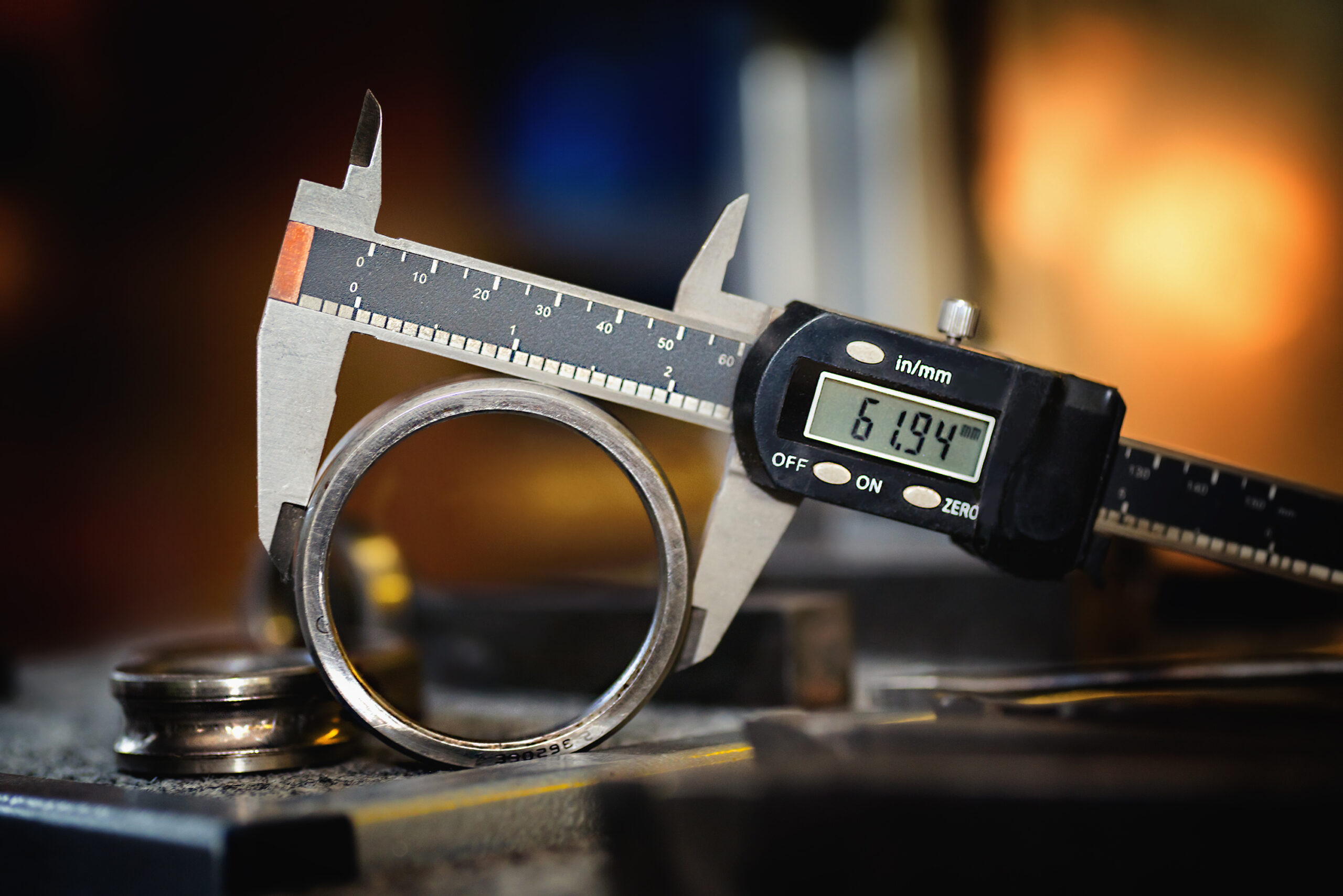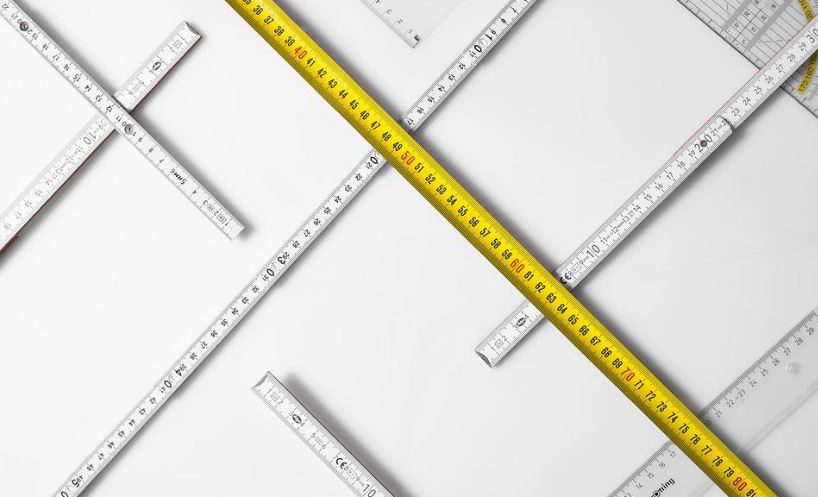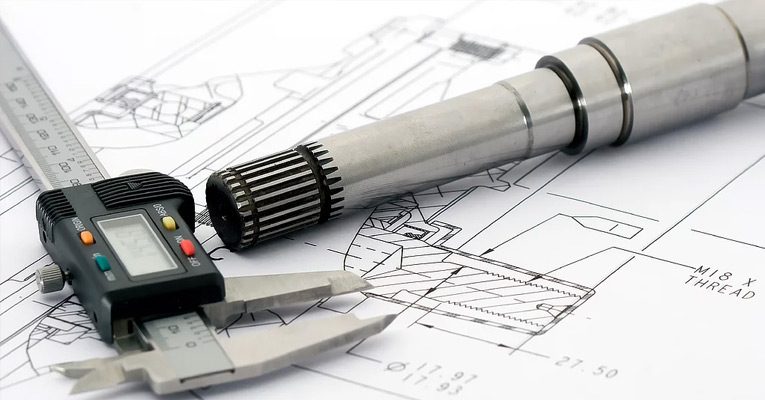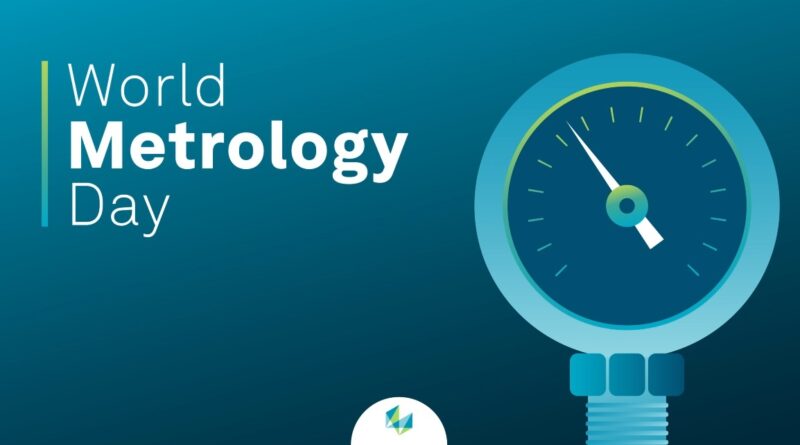World Metrology Day: Celebrating the Science of Measurement
Contents
World Metrology Day is celebrated annually on May 20th to commemorate the signing of the Metre Convention in 1875. This day marks the importance of metrology—the science of measurement—in our daily lives and its critical role in scientific research, industry, and commerce. World Metrology Day highlights the impact of measurement on technological advancements, quality of life, and global trade. This article delves into the history of World Metrology Day, the significance of metrology, its applications, and how the day is celebrated around the world.
History of World Metrology Day

The Metre Convention, signed on May 20, 1875, by representatives of seventeen nations, established a framework for international collaboration in the science of measurement. The convention led to the creation of the International Bureau of Weights and Measures (BIPM), which provides the basis for a coherent system of measurements worldwide. This historic agreement aimed to unify measurement systems, promote accuracy and consistency, and facilitate international trade and scientific research.
World Metrology Day was first celebrated in 2000, initiated by the BIPM and the International Organization of Legal Metrology (OIML). Since then, it has grown into an annual event that brings together the global metrology community to raise awareness about the importance of measurement and to celebrate advancements in the field.
The Importance of Metrology
Metrology, the science of measurement, is fundamental jp slot to various aspects of our lives. Here are some reasons why metrology is crucial:
- Scientific Research: Precise measurements are essential for scientific experiments and research. They allow scientists to test hypotheses, validate theories, and ensure the reproducibility of results. Metrology underpins advancements in fields such as physics, chemistry, biology, and environmental science.
- Industry and Manufacturing: In manufacturing, accurate measurements ensure product quality and consistency. Metrology helps maintain standards, reduce waste, and improve efficiency. From automotive to aerospace industries, precise measurements are critical for producing reliable and safe products.
- Healthcare: Metrology plays a vital role in healthcare by ensuring the accuracy of medical instruments and devices. Precise measurements are crucial for diagnostics, treatment, and monitoring of patients. For instance, accurate calibration of equipment like MRI machines, blood pressure monitors, and laboratory instruments is essential for patient safety and effective treatment.
- Commerce and Trade: Metrology facilitates fair trade by providing a common basis for measurements. It ensures that products meet specified standards and regulations, fostering trust between buyers and sellers. Accurate measurements are vital for weighing goods, measuring quantities, and ensuring compliance with international trade standards.
- Safety and Environment: In areas such as environmental monitoring, metrology helps in the accurate measurement of pollutants and greenhouse gases. This information is crucial for developing regulations and policies to protect the environment and public health. Additionally, metrology ensures the safety of infrastructures like bridges, buildings, and transportation systems by providing precise measurements for their construction and maintenance.
Applications of Metrology

Metrology is applied in various domains, each with its specific requirements and standards. Here are some key applications:
- Scientific Metrology: This branch focuses on the development and refinement of measurement standards. It involves research to improve the accuracy and precision of measurements, often at the national or international level. National metrology institutes (NMIs) play a crucial role in advancing scientific metrology.
- Industrial Metrology: This application pertains to measurements in manufacturing and production processes. It ensures that products meet design specifications and quality standards. Industrial metrology includes dimensional measurements, temperature control, and material testing.
- Legal Metrology: Legal metrology involves the application of measurement laws and regulations to ensure public safety, health, and fairness in trade. It includes the verification and calibration of measuring instruments used in commerce, such as weighing scales, fuel pumps, and taxi meters.
- Medical Metrology: This field ensures the accuracy and reliability of measurements in healthcare. It covers the calibration and maintenance of medical devices, ensuring they provide accurate readings essential for patient diagnosis and treatment.
- Environmental Metrology: Environmental metrology focuses on measuring environmental parameters such as air and water quality, radiation levels, and pollution. Accurate measurements are vital for monitoring environmental conditions and enforcing regulations to protect public health and the environment.
Celebrating World Metrology Day
World Metrology Day is celebrated globally with various events and activities designed to promote the importance of measurement science. Here are some common ways the day is observed:
- Seminars and Conferences: Many organizations and institutions host seminars, conferences, and workshops on World Metrology Day. These events bring together experts, researchers, and industry professionals to discuss advancements in metrology, share knowledge, and explore new trends and technologies.
- Educational Programs: Schools, colleges, and universities often organize educational programs and activities to raise awareness about metrology among students. These programs may include lectures, demonstrations, and hands-on experiments to illustrate the significance of accurate measurements in everyday life and scientific research.
- Public Outreach: Metrology institutes and organizations engage in public outreach activities to educate the general public about the importance of measurement science. This may include open house events, exhibitions, and interactive displays that showcase the role of metrology in various sectors.
- Recognition of Contributions: World Metrology Day provides an opportunity to recognize and honor individuals and organizations that have made significant contributions to the field of metrology. Awards and honors may be presented to acknowledge achievements in research, innovation, and the application of measurement science.
- Collaborative Projects: Many countries and institutions collaborate on projects to mark World Metrology Day. These projects often aim to address global challenges related to measurement accuracy and standardization. Collaborative efforts help strengthen international cooperation and promote the harmonization of measurement standards.
The Future of Metrology

As technology advances, the field of metrology continues to evolve, addressing new challenges and opportunities. Here are some trends and future directions in metrology:
- Digital Transformation: The integration of digital technologies in metrology is revolutionizing the way measurements are made, recorded, and analyzed. Digital metrology tools and software enhance accuracy, efficiency, and data management, leading to more precise and reliable measurements.
- Quantum Metrology: Quantum technologies are being explored to achieve unprecedented levels of measurement accuracy. Quantum metrology leverages the principles of quantum mechanics to develop new measurement standards and techniques, particularly in timekeeping, fundamental constants, and ultra-precise sensors.
- Sustainability: Metrology is playing a critical role in addressing sustainability challenges. Accurate measurements are essential for monitoring environmental parameters, assessing the impact of human activities, and developing strategies to mitigate climate change and resource depletion.
- International Collaboration: The global nature of trade, research, and environmental issues necessitates continued international collaboration in metrology. Organizations like the BIPM and OIML will continue to facilitate cooperation and harmonization of measurement standards across borders.
- Education and Training: Ensuring a steady pipeline of skilled metrologists is crucial for the future of the field. Investment in education and training programs will help develop the next generation of experts capable of advancing measurement science and addressing emerging challenges.
Conclusion World Metrology Day
World Metrology Day is a celebration of the science of measurement and its profound impact on our lives. From ensuring the accuracy of scientific research to maintaining the quality of manufactured products, metrology is fundamental to progress and innovation. As we commemorate this day, it is essential to recognize the contributions of metrologists and the ongoing advancements in measurement science. By continuing to support and invest in metrology, we can foster a world where precision, accuracy, and reliability underpin every aspect of society.
Read More Article About “Discover Paradise: Pink Beach Unveiled – Explore, Enjoy, and Embrace Its Mesmerizing Beauty“

